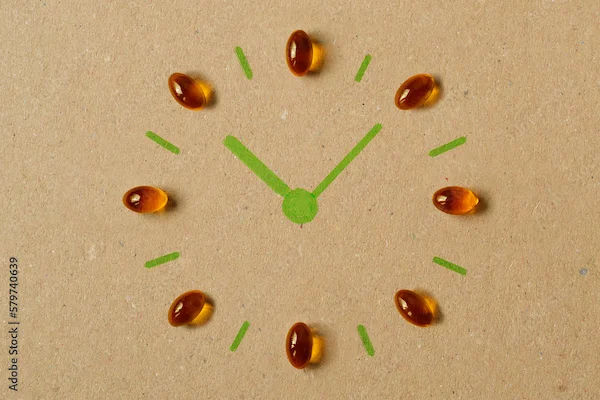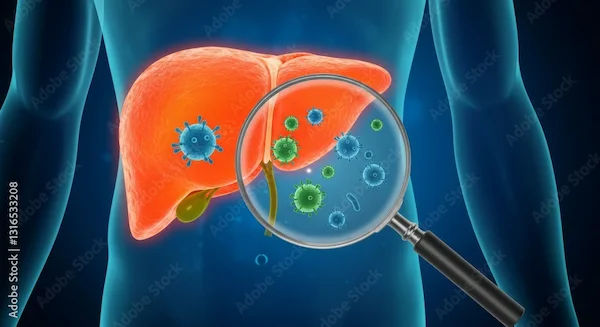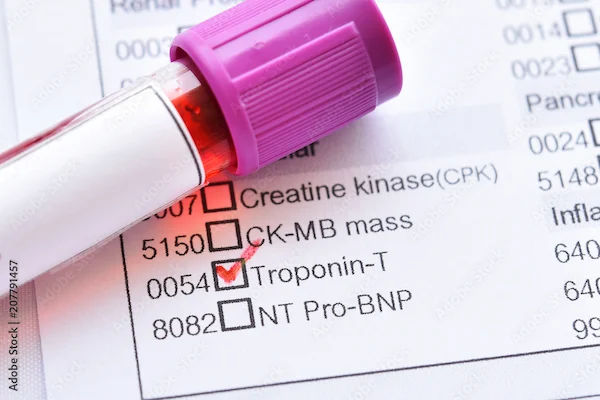Understanding Subcoronal Hypospadias
Learn what subcoronal hypospadias is, its symptoms, causes, treatment options, and how early surgery can ensure healthy development and function in children.

Written by Dr. Dhankecha Mayank Dineshbhai
Reviewed by Dr. Vasanthasree Nair MBBS
Last updated on 21st Aug, 2025
.webp?tr=q-80,f-webp,w-350,dpr-2,c-at_max 700w)
Introduction
Subcoronal hypospadias is a congenital condition (present at birth) that affects the urethra in boys. If you or your child has been diagnosed with this condition, you may have questions about what it means, how it affects health, and what treatment options are available. This article aims to provide clear, compassionate, and easy-to-understand information to help you navigate this condition with confidence.
What are Subcoronal Hypospadias?
Hypospadias is a condition where the opening of the urethra (the tube that carries urine out of the body) is not at the tip of the penis but somewhere along the underside. In subcoronal hypospadias, the opening is located just below the head (corona) of the penis.
This condition occurs during fetal development when the urethra does not fully form to the tip of the penis. While it may sound concerning, it is relatively common and treatable with medical care.
Symptoms and Signs
The most noticeable sign of subcoronal hypospadias is the abnormal placement of the urethral opening. Other possible symptoms include:
Abnormal urine stream – The urine may spray or flow downward instead of straight.
Curved penis (chordee) – The penis may bend downward, especially during an erection.
Foreskin abnormalities – The foreskin may be incomplete, forming a hood-like appearance on the top side of the penis.
These symptoms are usually identified at birth or during early childhood.
Causes and Risk Factors
The exact cause of hypospadias is not fully understood, but several factors may contribute:
Genetic factors – A family history of hypospadias increases the risk.
Hormonal influences – Insufficient testosterone during fetal development may affect urethral formation.
Environmental factors – Exposure to certain chemicals or medications during pregnancy may play a role.
How Does It Affect Health?
Subcoronal hypospadias is not life-threatening, but if left untreated, it can lead to:
Difficulty urinating – An abnormal urine stream may make standing urination messy or uncomfortable.
Sexual function concerns – In adulthood, curvature of the penis may cause discomfort during intercourse.
Psychological impact – Some boys may feel self-conscious about the appearance of their penis.
The good news is that early treatment can prevent these issues and ensure normal urinary and sexual function.
Consult Top Specialists for Personalised Tips
Diagnosis and Treatment
Diagnosis
Subcoronal hypospadias is usually diagnosed at birth during a physical examination. In some cases, additional tests may be needed to rule out other conditions.
Treatment Options
Most cases require surgical correction, ideally performed between 6 months and 2 years of age. The goals of surgery are:
1. Repositioning the urethral opening to the tip of the penis.
2. Straightening the penis if chordee (curvature) is present.
3. Improving cosmetic appearance for normal function and confidence.
The surgery is typically done under general anaesthesia, and recovery takes a few weeks. Most children heal well with minimal complications.
Post-Surgery Care and Tips
After surgery, proper care is essential for healing:
Keep the area clean and dry to prevent infection.
Follow the doctor’s instructions on wound care and medications.
Avoid strenuous activities until fully healed.
Monitor for complications such as swelling, bleeding, or difficulty urinating.
When to See a Doctor
If you notice any of the following after surgery, consult a doctor immediately:
Fever or signs of infection.
Severe pain or swelling.
Blocked urine flow.
For parents of newborns with hypospadias, early consultation with a pediatric urologist is recommended to discuss the best treatment plan.
Can Lifestyle Changes Help?
Since hypospadias is a structural issue, lifestyle changes alone cannot correct it. However, after surgery, maintaining good hygiene and regular follow-ups with a doctor ensures long-term health.
Final Thoughts
Subcoronal hypospadias is a manageable condition with excellent treatment outcomes. Early diagnosis and surgical correction help ensure normal urinary and sexual function, allowing boys to grow up without complications.
If you suspect your child has hypospadias or needs expert advice, Apollo 24|7 offers consultations with experienced pediatric urologists. You can easily book an appointment online for personalised care.
Need expert advice?
Book a consultation with a specialist on Apollo 24|7 today for personalised care and support.
Consult Top Specialists
Consult Top Specialists for Personalised Tips

Dr. Mainak Baksi
General Practitioner
13 Years • MBBS , MD (MPH)
Howrah
Mainak Baksi Clinic, Howrah
(50+ Patients)
Dr. Gaddam Manoj
General Practitioner
1 Years • MBBS
Hyderabad
Aaradhya clinic, Hyderabad

Dr. Rajib Ghose
General Practitioner
25 Years • MBBS
East Midnapore
VIVEKANANDA SEBA SADAN, East Midnapore
Dr. Sahana B
General Practitioner
3 Years • MBBS
Koppal
Khushi multi-speciality hospital, Koppal

Dr. Swati Hanmanthappa
General Physician/ Internal Medicine Specialist
2 Years • MBBS
Bengaluru
Apollo Clinic, Electronic City, Bengaluru
Consult Top Specialists

Dr. Mainak Baksi
General Practitioner
13 Years • MBBS , MD (MPH)
Howrah
Mainak Baksi Clinic, Howrah
(50+ Patients)
Dr. Gaddam Manoj
General Practitioner
1 Years • MBBS
Hyderabad
Aaradhya clinic, Hyderabad

Dr. Rajib Ghose
General Practitioner
25 Years • MBBS
East Midnapore
VIVEKANANDA SEBA SADAN, East Midnapore
Dr. Sahana B
General Practitioner
3 Years • MBBS
Koppal
Khushi multi-speciality hospital, Koppal

Dr. Swati Hanmanthappa
General Physician/ Internal Medicine Specialist
2 Years • MBBS
Bengaluru
Apollo Clinic, Electronic City, Bengaluru


 (1).webp)

